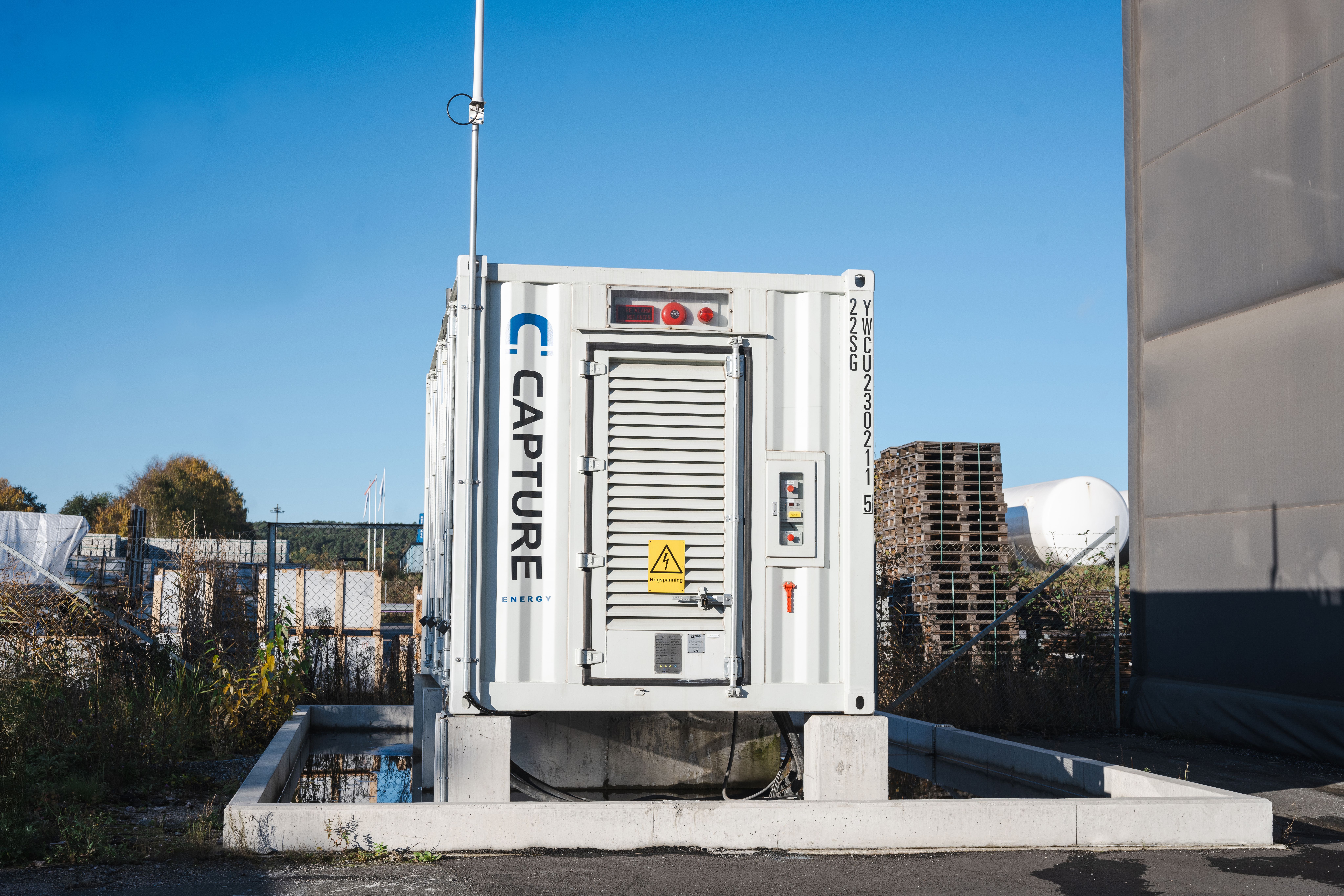Hydrovolt with large investments in new technology

Hydrovolt has been awarded 15.3 million NOK by Enova to develop a discharge and dismantling technology for batteries. The project will contribute to more efficient and automated recycling processes and has the potential to replace power from the grid through increased flexibility and stability.
Hydrovolt operates Europe's largest recycling facility for electric vehicle (EV) batteries in Fredrikstad. For now, parts of the process are done manually, but with Enova's support, the company will develop and test new technology that automates and manages the electrical energy discharged from the batteries.
Automation is a prerequisite for achieving profitable operations as the volumes of used EV-batteries will increase significantly in a few years. Additionally, we will be able to store the energy from the discharging process of the battery in battery banks and utilize it for our own consumption, as well as distribute excess energy to the local power grid
Helge Fredheim, Project Lead, Discharge and Dismantling (D&D) site at Øra, Fredrikstad
A cost-effective discharge and dismantling process will provide the Norwegian and European market with better opportunities to retain volumes from recycling and valuable raw materials in the region. Otherwise, these volumes are likely to be moved from the Norwegian and European market to countries with lower costs and greater risks to people and the enviroment.
New opportunities from existing solutions
Hydrovolt aims to play a leading role within energy and resource efficiency in the recycling process, in line with the clear ambitions of its owners and strong desires from car manufacturers.
We believe that Norway, as a pioneering country in the use of electric vehicles, remains the best place in the world to develop such a market position. We also see that the amount of battery packs to be recycled is now significantly higher than expected just a couple of years ago
Andreas Frydensvang, Chief Commercial Officer, Hydrovolt
The new technology will enable a much more efficient utilization of the batteries' residual energy compared to what is done today. Experience shows that on avarage, there is approximately 50 kWh of residual energy remaining in the battery pack that is being recycled. With a planned intake of 100 battery packs per day, this could amount to around 5 MHw per day, which is roughly the equivalent to 1.6 GWh over the course of a year.
Significant technological potential
To illustrate the potential of the technology, one can look at the situation in Europe, where the number of electric vehicles to be recycled is expected to reach nearly 2 million per year in about 10 years. That corresponds to approximately 20 times more than today. By using Hydrovolt's discharge and dismantling solutions, it could lead to a reduction in CO2 emissions of approximately 30,000 tons per year.
The Norwegian Minister of Climate Enviroment, Espen Barth Eide (The Labour Party), states that as batteries are increasingly used on a larger scale, the need for recycling will also increase. Norway is in a good position to take part in this growing market. Additionally, he highlights that the new technology will enable the plant to become a resource for the local power grid. This provides opportunity for increased electrification and reduced emissions elsewhere.
Hydrovolt's operations in Fredrikstad are a central part of the business, but the company is now also considering expanding its operations to other countries in Europe. With the help of valuable knowledge and new technology established in Fredrikstad, the company will continue to maintain its position as a leading player in the battery recycling industry.